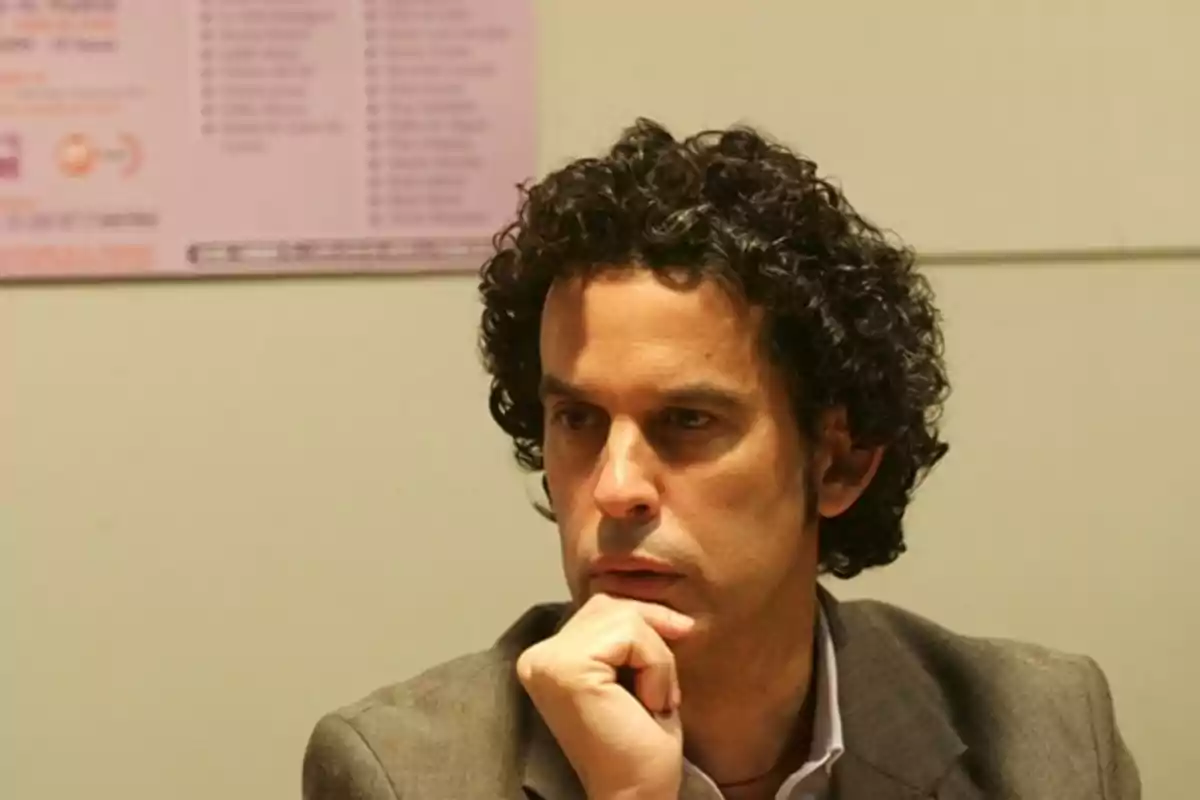
Criticism of the government for honoring Zapatero and Zerolo for 'Their merits in law'
President Pedro Sánchez's executive grants them the Order of San Raimundo de Peñafort, amid PSOE's ongoing political and judicial decline
The Council of Ministers approved on Tuesday the granting of the Grand Cross of the Order of San Raimundo de Peñafort to former President José Luis Rodríguez Zapatero. It was also awarded posthumously to the historic activist and socialist politician Pedro Zerolo.
The decision comes at a delicate moment for the Executive. It is marked by legal cases affecting PSOE's inner circle and by growing pressure over scandals involving high-ranking party officials.
Although the Government has defended the measure as an act of symbolic justice and recognition of progress in civil rights, the action has sparked criticism. In addition, this decision, which coincides with the deterioration of PSOE's institutional image and the upcoming LGTBI Pride Day, has raised suspicions from various sectors.
The Order of San Raimundo de Peñafort, created in 1944, aims to distinguish outstanding merits in the field of law. Its highest distinction, the Grand Cross, is granted exclusively by the Council of Ministers, at the proposal of the Ministry of Justice.
Historically, this recognition has been awarded to judges, prosecutors, jurists, and individuals with a well-established career in the legal field. However, on some occasions, it has also been given to political figures whose contributions have had a significant impact on the evolution of the Spanish legal system.
Former UCD senator and deputy, Albacete native Francisco Ruiz Risueño, spoke with elcierredigital.com about the tributes and PSOE's situation. "Nothing surprises me anymore from Government or PSOE. Although I am not in favor of judging the intentions of others, I believe that with these behaviors, Government as a whole tries to appear normal. They downplay everything happening around them, as if what happens is unrelated to them."
"They know that the seriousness of the situation is a consequence of their own behaviors. Regardless of the legal classification of the serious events that have been occurring, which is the exclusive responsibility of the Courts of Justice, it is clear that at the political level we are facing a complicated situation that should be solved in the only possible way in a democracy, which is by dissolving the Cortes and calling general elections."
Ruiz Risueño concludes that "it is clear that the government opposition doesn't have the required majority to propose a motion of censure. Likewise, it is clear that the president doesn't dare to raise the question of confidence because he has serious doubts about having the necessary support. I insist, calling general elections is the only and democratic way out of such a complex situation."
The Criticized Medals For Zapatero And Zerolo
Government justifies granting the distinction to Zapatero for his key role in the approval of Law 13/2005, which amended the Civil Code to allow marriage between people of the same sex.

This reform made Spain the third country in the world to legalize same-sex marriage and represented a momentous change in the recognition of rights for the LGTBI community.
Meanwhile, Pedro Zerolo was one of the most visible voices in the defense of these rights. A lawyer by training, activist, and PSOE leader, his work was decisive in promoting a progressive social agenda within the party.

Zerolo died in 2015 from cancer, and his figure has been repeatedly upheld as a symbol of the fight for equality.
A Decoration With A Double Political Reading
Government spokesperson minister, Pilar Alegría, highlighted at a press conference that the decision responds to a triple anniversary: 20 years since the approval of same-sex marriage, 10 years since Zerolo's death, and 50 years of constitutional democracy in Spain.
She also emphasized that the recognition is part of the Executive's commitment to diversity and the dignity of all people, "in the face of hate and intolerance speech."
However, some analysts have interpreted the measure as a "political repositioning strategy". It is aimed at strengthening the Executive's image in the face of recent scandals. It is also intended to regain symbolic initiative on the eve of Pride Day, which will be celebrated next June 28.
In this sense, the decoration would serve not only as a tribute, but also as a maneuver to unite PSOE's progressive base. It is a sensitive move at a time of institutional wear, according to various sources.
Background Scenarios: Legal Cases And Image Deterioration
The decoration was announced in an especially delicate context for the Executive. Judge Peinado has requested the indictment of Minister Félix Bolaños for alleged crimes of embezzlement and perjury. This news has been another setback for PSOE and has once again placed Government at the center of the legal spotlight.
At the same time, new information has emerged about irregular contracts and alleged opaque financing in several socialist administrations. This has reignited the debate on democratic renewal.

These circumstances have fueled the perception that the Executive is resorting to high-impact symbolic gestures as a mechanism of distraction or narrative control in politics.
From the opposition, Government has been accused of "essentializing" institutional recognitions to neutralize public attention on ongoing investigations.
Reactions From The Opposition And The LGTBI Community
Partido Popular and Vox have strongly criticized the measure, arguing that Government is diverting the legal nature of the Order of San Raimundo de Peñafort to turn it into a tool of ideological propaganda.
On the other hand, from the associative sphere and the LGTBI movement, the news has been received with satisfaction, though not without nuances. Organizations such as FELGTBI+ or Fundación Pedro Zerolo have celebrated the gesture, recalling the importance of making visible those who paved the way in the fight for rights.
However, some internal voices have recalled that symbolic recognition must be accompanied by effective public policies, and have demanded real progress in labor, educational, and health equality for the community.
More posts: